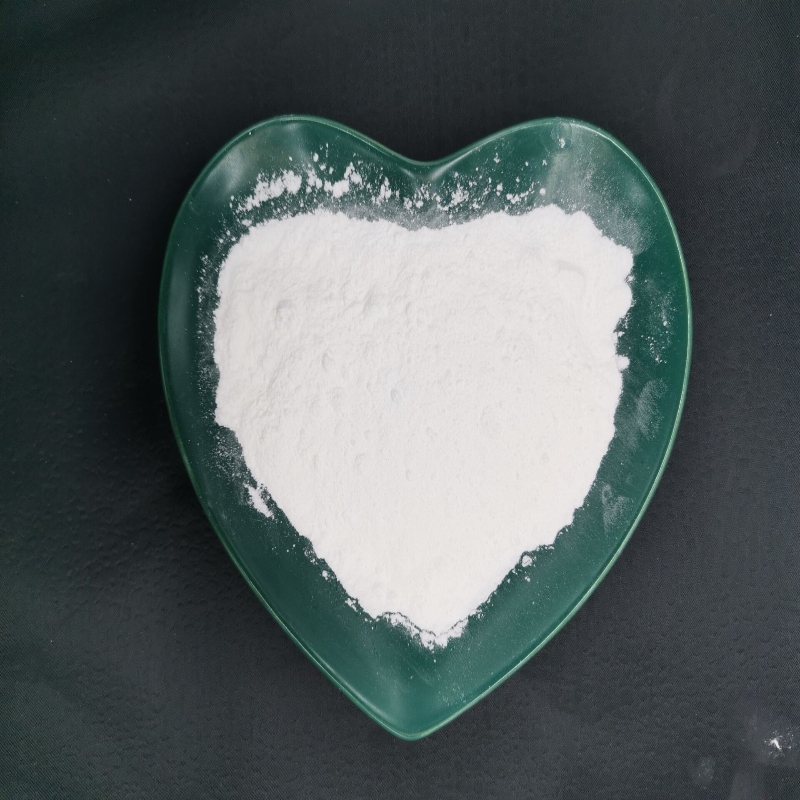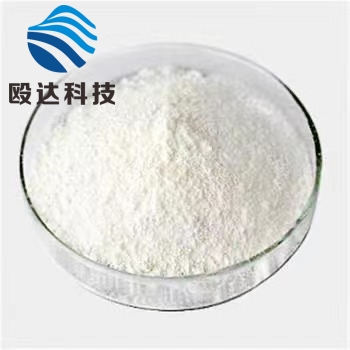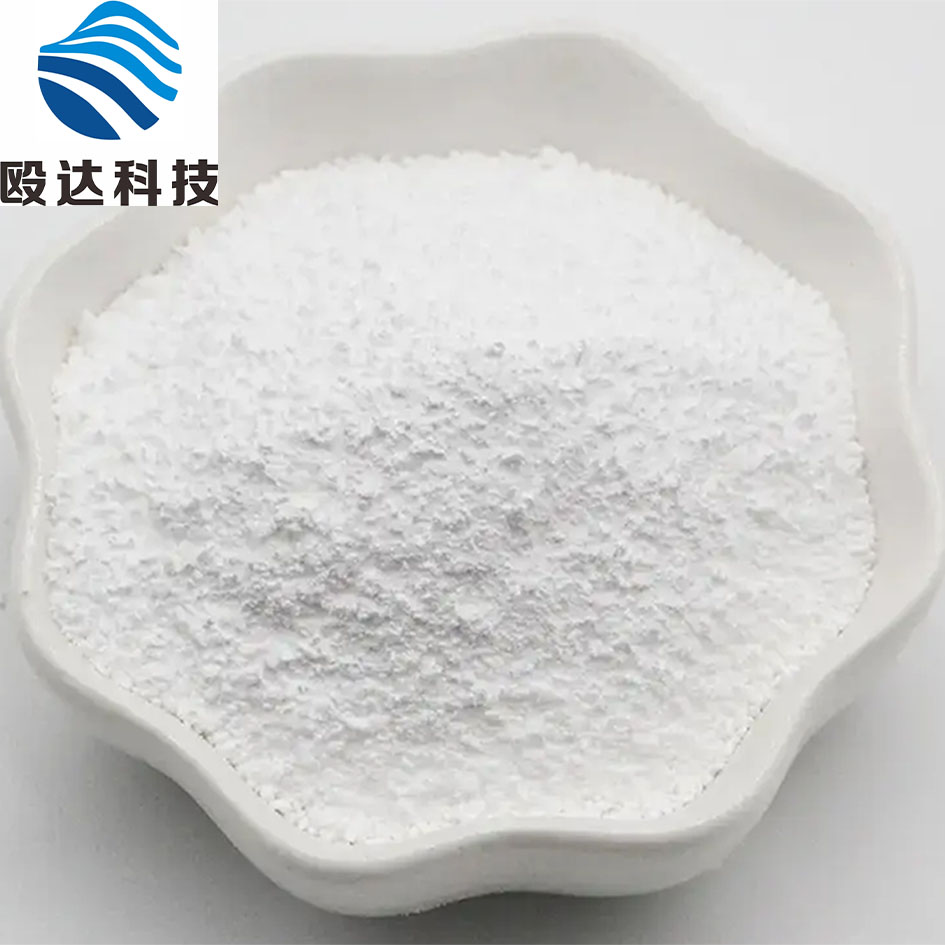-
Categories
-
Pharmaceutical Intermediates
-
Active Pharmaceutical Ingredients
-
Food Additives
- Industrial Coatings
- Agrochemicals
- Dyes and Pigments
- Surfactant
- Flavors and Fragrances
- Chemical Reagents
- Catalyst and Auxiliary
- Natural Products
- Inorganic Chemistry
-
Organic Chemistry
-
Biochemical Engineering
- Analytical Chemistry
- Cosmetic Ingredient
-
Pharmaceutical Intermediates
Promotion
ECHEMI Mall
Wholesale
Weekly Price
Exhibition
News
-
Trade Service
BTK full name Bruton's tyrosine kinase, that is, Bruton tyrosine protein kinase, its name originated from an American named Ogdon
Pediatrician
at Bruton.
In 1952 the doctor discovered X-linked agammaglobulinemia (XLA).
In 1993, the gene associated with the disease was discovered and named BTK
.
BTK is a member of the cytoplasmic non-receptor tyrosine kinase TEC family, which is expressed in most hematopoietic cells, such as B cells, mast cells, megakaryocytes, etc
.
, but not in T cells, NK cells and plasma cells.
The main receptor of BTK is the B-cell antigen receptor (BCR), which plays an important role in the growth and development, proliferation and differentiation of B cells, and is considered to be the target of promising hematological tumors and immune diseases
.
BTK inhibitors are widely used to treat diseases
involving the activation of a variety of B cells and/or macrophages by blocking abnormally activated BCR pathways, resulting in inhibition of B cell growth and cell death.
The tortuous road to BTK inhibitor development
The tortuous road to BTK inhibitor developmentBack in the early 21st century, gene sequencing company Celera creatively proposed the idea of covalent irreversible BTK inhibitors and successfully synthesized a variety of active compounds, including PCI-32765 (later ibrutinib), and confirmed that PCI-32765 has excellent effects
on autoimmune diseases.
Later, due to financial and strategic problems, Celera transformed into diagnostic reagents and sold new drug research and development projects to Pharmacyclics
.
After Pharmacyclics' follow-up efforts to overcome all difficulties and persistent research and development; Finally, in 2013, ibrutinib was successfully approved in the United States, becoming the world's first approved BTK inhibitor
.
.
At this point, BTK inhibitors have opened the "road to wealth"
.
To date, Imbruvica has received 11 approvals in the U.
S.
for 5 B-cell blood cancers and chronic graft-versus-host disease (cGVHD).
In 2015, AbbVie acquired Pharmacyclics for $21 billion to continue ibrutinib research with Johnson & Johnson
.
Currently, ibrutinib sales in the U.
S.
are handled by AbbVie (with J&J and AbbVie sharing revenues), and outside the U.
S.
are handled by J&J
.
And after the launch of ibrutinib, sales have climbed with the expansion of approved scope and indications, reaching $9.
777 billion
in 2021.
777 billion
in 2021.
Data source: corporate financial reports, Bo Yao collation
With the bright sales data of ibrutinib, the unlimited potential and market prospects
of BTK inhibitor research and development.
Major pharmaceutical companies or R&D institutions rushed to join and take root in the research and development
of BTK inhibitors.
Five BTK inhibitors have been launched
Five BTK inhibitors have been launchedThe market pattern of ibrutinib tens of billions may change
The market pattern of ibrutinib tens of billions may changeUp to now, global regulators have approved 5 BTK inhibitors (2 domestically produced and 3 imported).
These five BTK inhibitors all bind irreversibly to C481 in the BTK protein kinase domain by covalent binding to inhibit BTK enzyme activity
.
However, it is worth noting that in addition to ibrutinib, the other 4 are second-generation BTK inhibitors
.
Compared with the first generation, the second generation of BTK inhibitors has a better inhibitory effect on BTK, has stronger selectivity, has a smaller chance of off-target effects, and has relatively few
side effects.
Globally approved BTK inhibitors
Globally approved BTK inhibitors
Source: Pharma Intelligence Data, Bo Yao Collation
From the indications, most of the 5 BTK inhibitors are approved for the treatment of MCL, CLL/SLL, WM and other hematological tumors, and only ibrutinib is approved for the treatment of chronic graft-versus-host disease (cGVHD).
In addition, Calquence has been developed to treat critically ill patients
with an excessive immune response (cytokine storm) associated with COVID-19 infection.
In terms of sales, ibrutinib is far ahead, with sales exceeding $9 billion
.
Abrutinib followed with sales of $1.
238 billion
in 2021.
Among the two domestic BTK inhibitors, zebratinib performed the best, with sales of $389 million in the first three quarters of 2022, while orelabrutinib was $57 million
.
However, although orelabrutinib is currently not high, it is the second domestic BTK inhibitor and InnoCare's first commercial product; Its overall response rate (ORR) for CLL is much higher than that of other BTK inhibitors, and the complete response rate (CR) is also prominent
.
Since its listing, the annual revenue of orelabrutinib in 2021 was 241 million yuan, and in the first half of 2022, the revenue of the drug was 217 million yuan
.
In addition, orelabrutinib has also submitted a marketing application for the treatment of relapsed/refractory marginal lymphoma (MZL) in China, which is expected to become the first BTK for the treatment of relapsed/refractory MZL in China
Inhibitors
.
In addition, orelabrutinib is also expected to treat multiple sclerosis and has entered phase 2 clinical trials
.
Biogen received global rights to orelabrutinib multiple sclerosis and overseas licensing
for autoimmune indications for a total of $940 million.
In terms of efficacy, ALPINE, a recent global phase 3 head-to-head trial of zebratinib vs ibrutinib in the treatment of previously treated relapsed or refractory (R/R) CLL/SLL, achieved good results in a terminal analysis: zebratinib was found to significantly prolong progression-free survival (PFS) and was generally well tolerated
.
It is worth noting that zebratinib is a small molecule BTK inhibitor completely developed by BeiGene scientists, and it is also the first new anti-cancer drug approved by the FDA in China and the first independently innovated BTK inhibitor
in China.
Zebratinib has been approved for multiple indications in more than 55 markets worldwide and is still undergoing further clinical development to obtain more marketing approvals
worldwide.
in China.
In 2021, acalabrutinib vs ibrutinib was targeted at previously treated adults with high-risk CLL
Phase 3 trial ELEVATE-RR yielded positive results: Calquence had non-inferiority in PFS compared with irutinib, meeting the primary endpoint
of the trial.
It is worth mentioning that although the existing BTK inhibitors have good efficacy in the treatment of BTK-dependent B-cell malignant tumors, long-term use will produce C481 mutations (cysteine residues are replaced by serine residues), resulting in drug resistance and weakened
efficacy.
Non-covalent BTK inhibitors do not covalently bind to C481, C481 mutation will not lead to a decrease in its activity, can overcome the body's resistance to covalent BTK inhibitors, is the research and development direction of the next generation of BTK inhibitors, and a number of them have entered the clinical trial stage, such as LOXO-305, MK-1026, BN102 (AS-1763), HMPL-760
.
Nuggets BTK inhibitor market
Nuggets BTK inhibitor marketDomestic and foreign pharmaceutical companies are actively deploying
Domestic and foreign pharmaceutical companies are actively deployingAccording to the statistics compiled by the bureau's public data, there are currently more than 20 BTK inhibitors under research in the world (see the table below for details), many of which have entered phase 3 clinical trials
.
In addition to small molecule drugs, BTK inhibitors under development also include a variety of BTK-targeted protein degraders, such as NX-2127, HSK29116 and HSK29116
.
BTK inhibitors under research in China
BTK inhibitors under research in China
Source: Public information such as enterprise announcements, and collation of Bo Yao
In addition, driven by the potential of BTK inhibitors, major enterprises are vying to layout and carry out a number of BD cooperation on related projects:
In January 2019, Eli Lilly $8 billion Loxo Oncology included a number of products such as LOXO-305;
In December 2019, Merck acquired ArQule for US$2.
7 billion, including MK-1026.
In March 2020, BioPharma reached an agreement with Carna Biosciences to obtain the exclusive license for clinical development and commercialization of the drug in Greater China.
In August 2020, Sanofi acquired Principia Biopharma for US$3.
4 billion, acquiring the latter's PRN473 and Rilzabrutinib, among others.
In July 2021, Biogen and InnoCare entered into a partnership to obtain the exclusive global rights to orelabrutinib in the field of multiple sclerosis, with a transaction value of US$937.
5 million;
September 2021 Cignovia, China Antibody and Everest
Medicines entered into a global exclusive cooperation agreement to license XNW1011 to Genting Xinyao the rights to develop and commercialize kidney diseases worldwide
.
summary
summaryBTK inhibitors are currently a popular direction for domestic and foreign pharmaceutical companies to actively deploy, and the market scale is constantly expanding, and it has exceeded the $10 billion mark
in 2021.
According to Frost & Sullivan's analysis report, with the increase in the number of tumor patients and the continuous expansion of indications, the global BTK market is expected to reach $20 billion in 2025 and $26.
1 billion in 2030.
At present, in addition to non-covalent BTK inhibitors, BTK targeted protein degraders have also emerged in the research and development of BTK inhibitors, and it is expected that BTK inhibitors can play a big role in the field of hematological tumors and autoimmune diseases in the future
.







